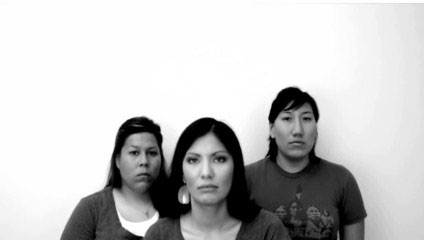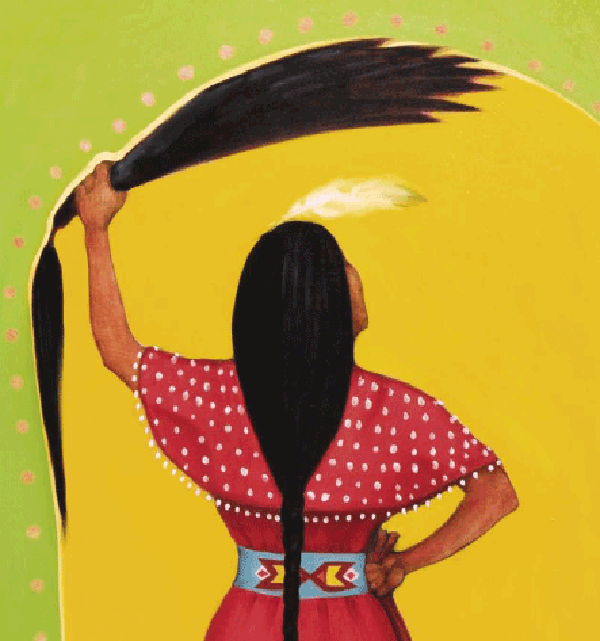 October 19, 2011
October 19, 2011
WASHINGTON, D.C. -- The epidemic proportions of violence against Native women in the United States continues to gain global attention. The Inter-American Commission on Human Rights will hold a hearing on Oct. 25, 2011 at 10:15 a.m. at the General Secretariat Building of the Organization of American States (OAS) in Washington, D.C. The Commission is an autonomous organ of the OAS, created by countries to protect human rights in the Americas.
“The right to be safe and live free from violence is a fundamental human right that many in the United States take for granted—but not Native women,” said Jana Walker, Director of the Safe Women, Strong Nations project at the Indian Law Resource Center. “This is a human rights crisis that Indian country has been aware of for some time. We are glad that the rest of the world is finally beginning to take notice.”
The Indian Law Resource Center along with the National Congress of American Indians Task Force on Violence Against Women, Clan Star, Inc., and the National Indigenous Women’s Resource Center, Inc. will present testimony.
According to U.S. Department of Justice statistics, one out of three Native women will be raped in her lifetime, and three out of four will be physically assaulted. “Indian women also are 2 ½ times more likely to experience violence than other women in the United States, and, even more shocking, the vast majority of these violent crimes are committed by non-Indians,” said Juana Majel Dixon, First Vice President of the National Congress of American Indians and Co-Chair of the NCAI Task Force on Violence Against Women.
These shameful statistics are linked to systemic barriers imposed by United States law that prevents Indian nations from ensuring the safety of their citizens and adequately responding to crimes. Unlike local communities or state governments, Indian nations and Alaska Native villages are legally prohibited from prosecuting non-Indians, and tribal courts have greatly restricted sentencing authority for offenders committing acts of sexual and domestic violence that occur within their tribal lands and communities.
“Jurisdictional restrictions, scarce resources for services to meet the needs of Native women, especially those victimized by violence, and inadequate law enforcement responses all contribute to a flawed and unjust system,” said Lucy Simpson, Executive Director, National Indigenous Women’s Resource Center. “Few Native women have access to culturally appropriate services and meaningful justice. Even fewer will ever see their abusers prosecuted.”
“Mothers preparing daughters for what to do when they are raped is an outrageous reality that must end,” said Terri Henry, Councilwoman for the Eastern Band of Cherokee Indians and Co-chair of the NCAI Task Force on Violence Against Women. “There is no question that violence against Native women has reached epidemic proportions. The only question is when and how the United States will respond to these violations of its obligations under international human rights law.”
The panel will discuss topics ranging from U.S. law and policy that contributes to the human rights crisis, the jurisdictional challenges between tribes and the federal government in protecting Native women, and what needs to happen to bring the United States into full compliance with international human rights law.
The hearing is open to the public and can be viewed online through the Organization of American States’ web site.

